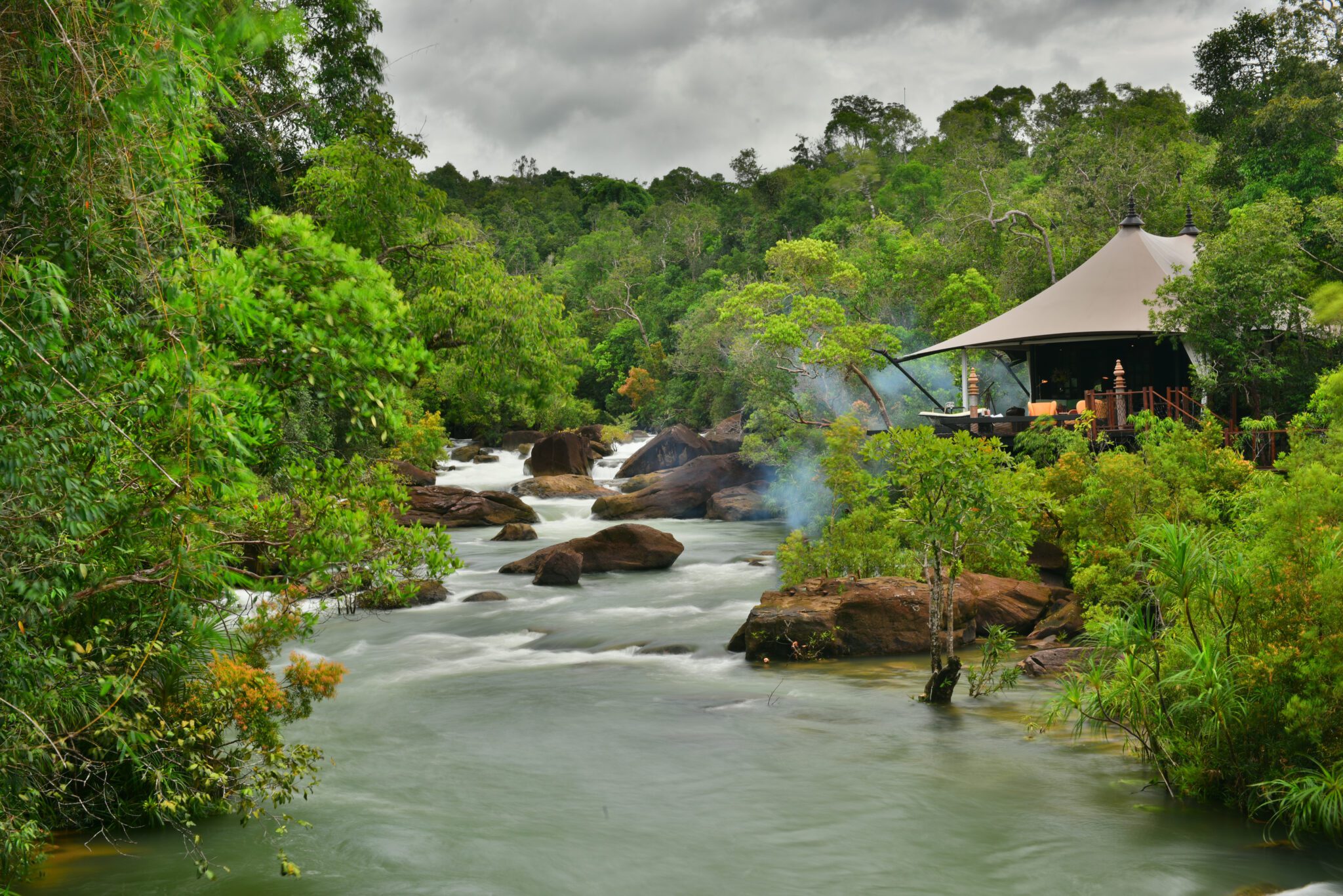Skift Take
Cambodia is in its earliest stages of establishing conservation during a precarious time. There are lessons to be learned in Africa, and David Steyn, GM of Shinta Mani Wild tented camp, is helping to broker them.

On Experience
Colin Nagy, a marketing strategist, writes this opinion column for Skift on hospitality and business travel. On Experience dissects customer-centric experiences and innovation across the luxury sector, hotels, aviation, and beyond. He also covers the convergence of conservation and hospitality.
You can read all of his writing here.
In the evolving story of global conservation, Cambodia, with its verdant forests and deep cultural history, is at at an important inflection point: The country needs to find a modern approach to conservation while balancing the need for economic growth and bringing people out of poverty.
Essential to these efforts is the preservation of The Cardamom Forest. Historically, it’s been an economic lifeline for locals through logging and hunting, but thanks to new initiatives, parts of the forest are being preserved.
David Steyn, General Manager of Shinta Mani lodge, a tented camp in Cambodia that is at the forefront of modern conservation efforts, highlights the tension. "Communities that once saw the forest as a source of livelihood are now grappling with its new protected status," Steyn says.
This tension draws several parallels to Africa, where there is a constant push-pull between what people seek to take from the land and what is required to preserve animals and nature.
Africa's ongoing path to conservation serves as a playbook of sorts for Cambodia. But while Africa entices tourists with i
